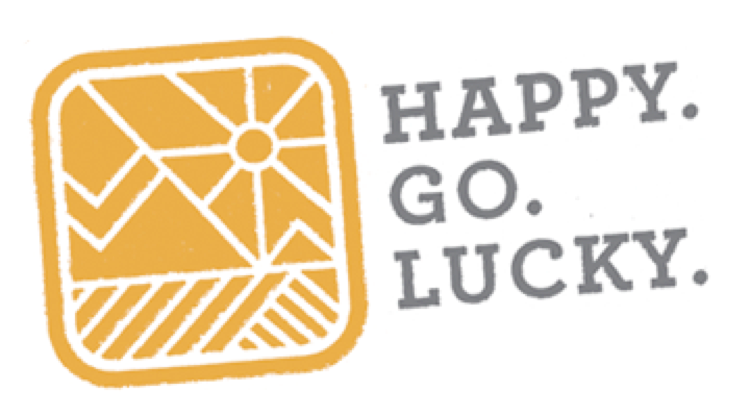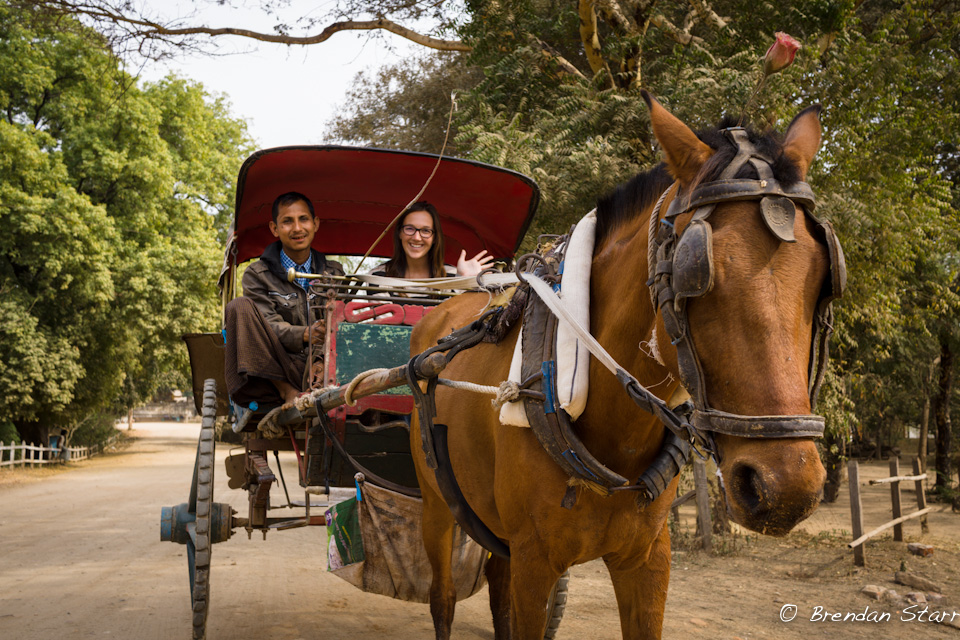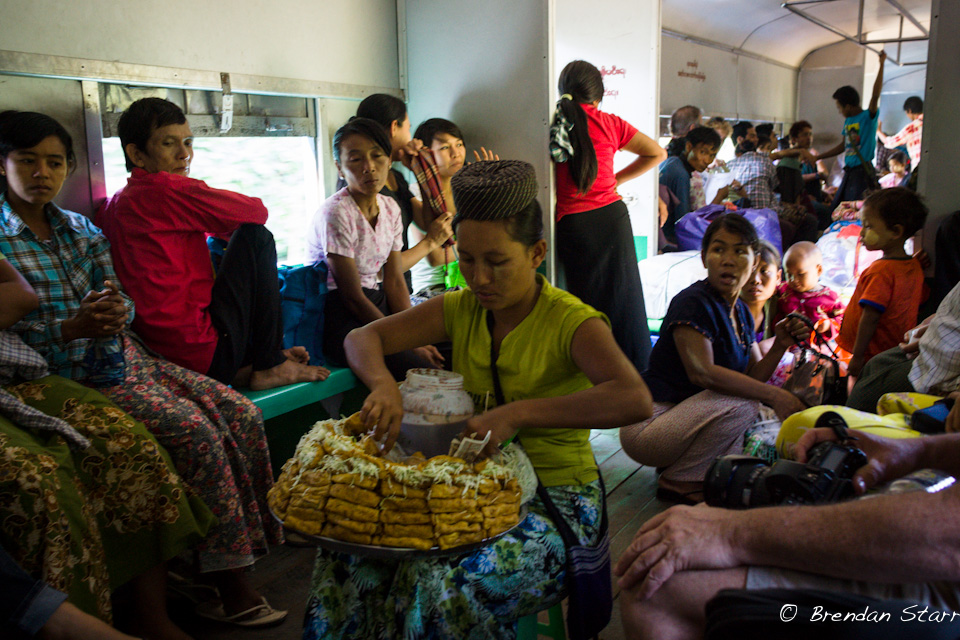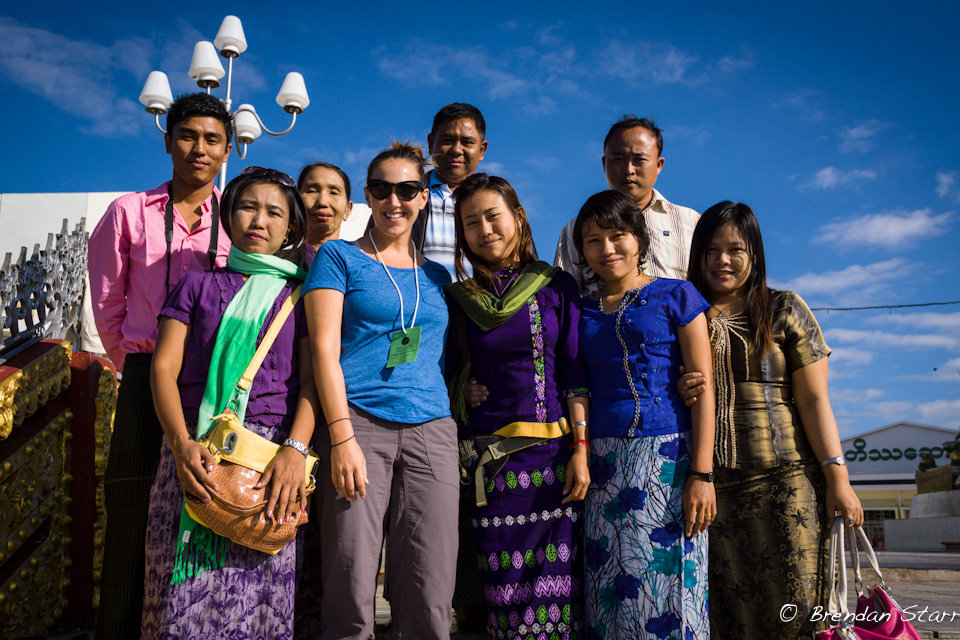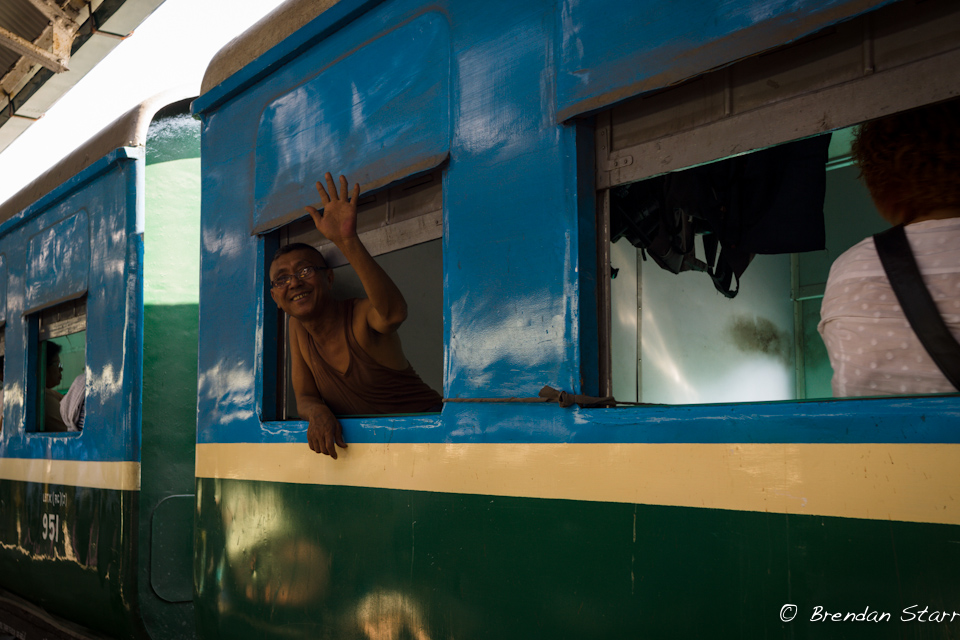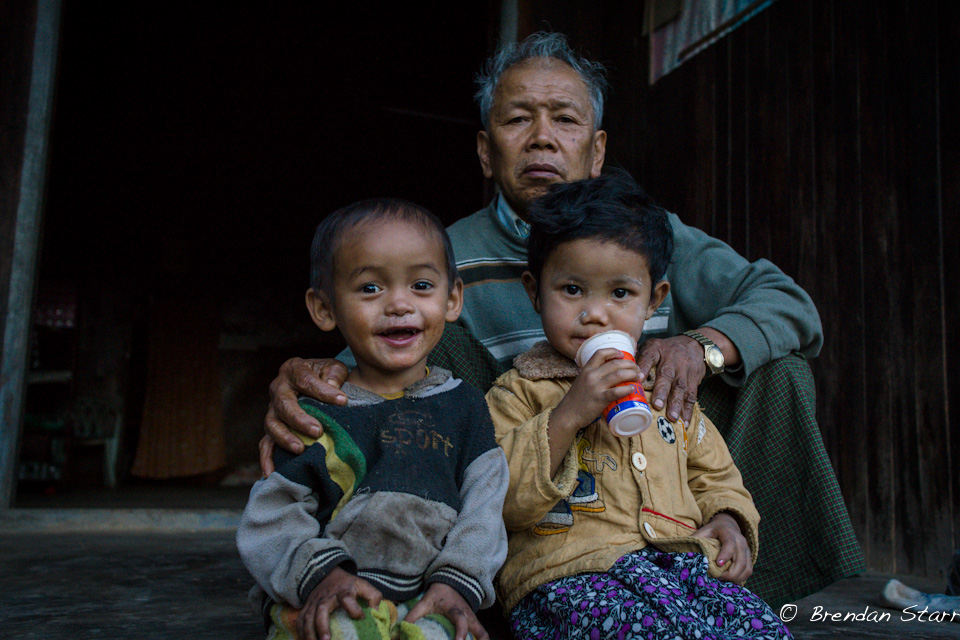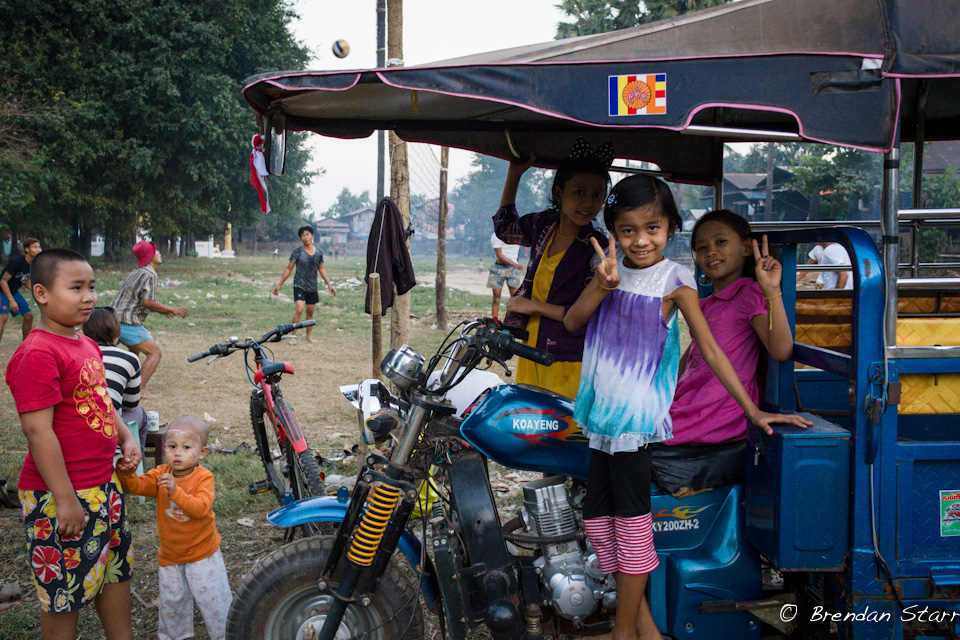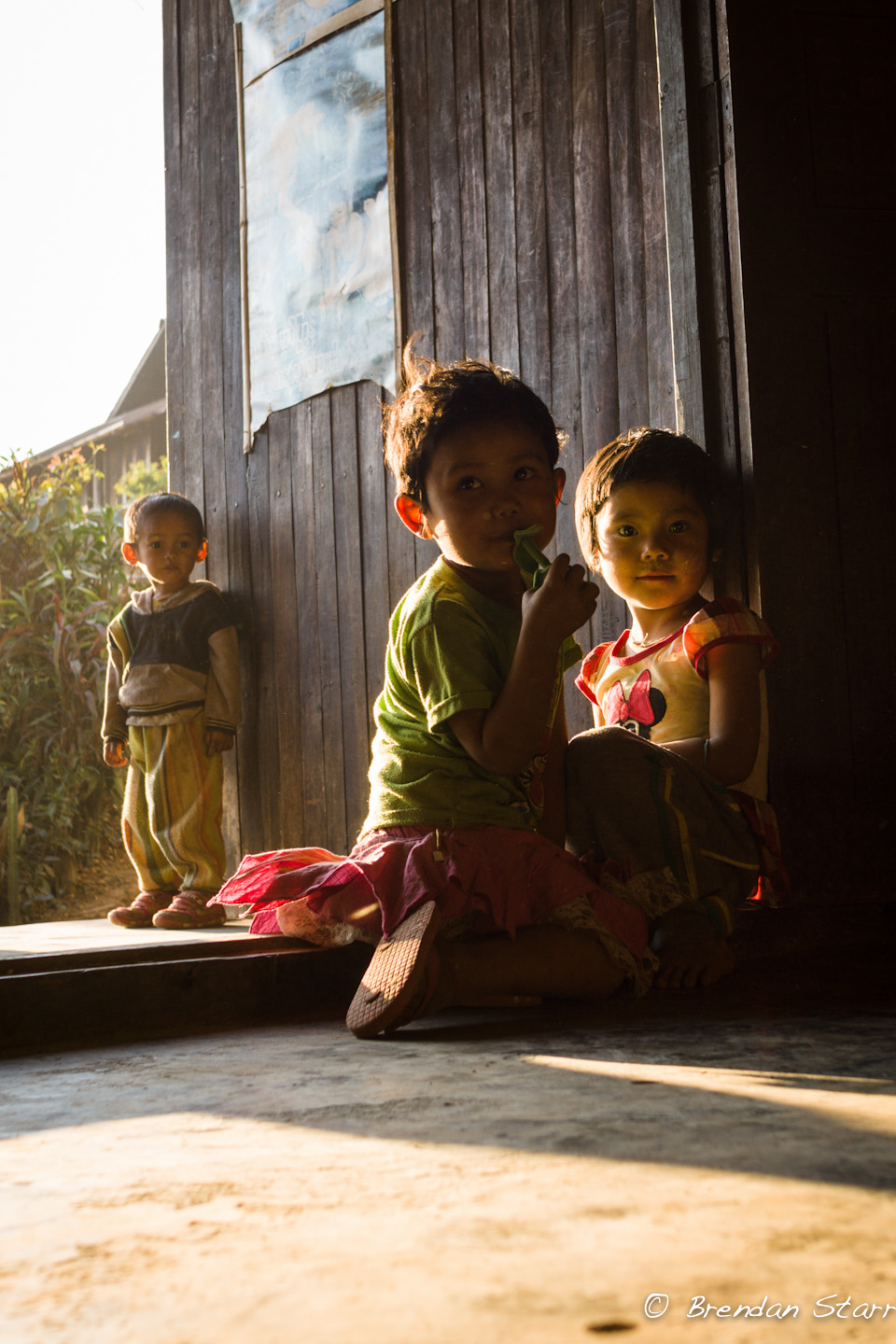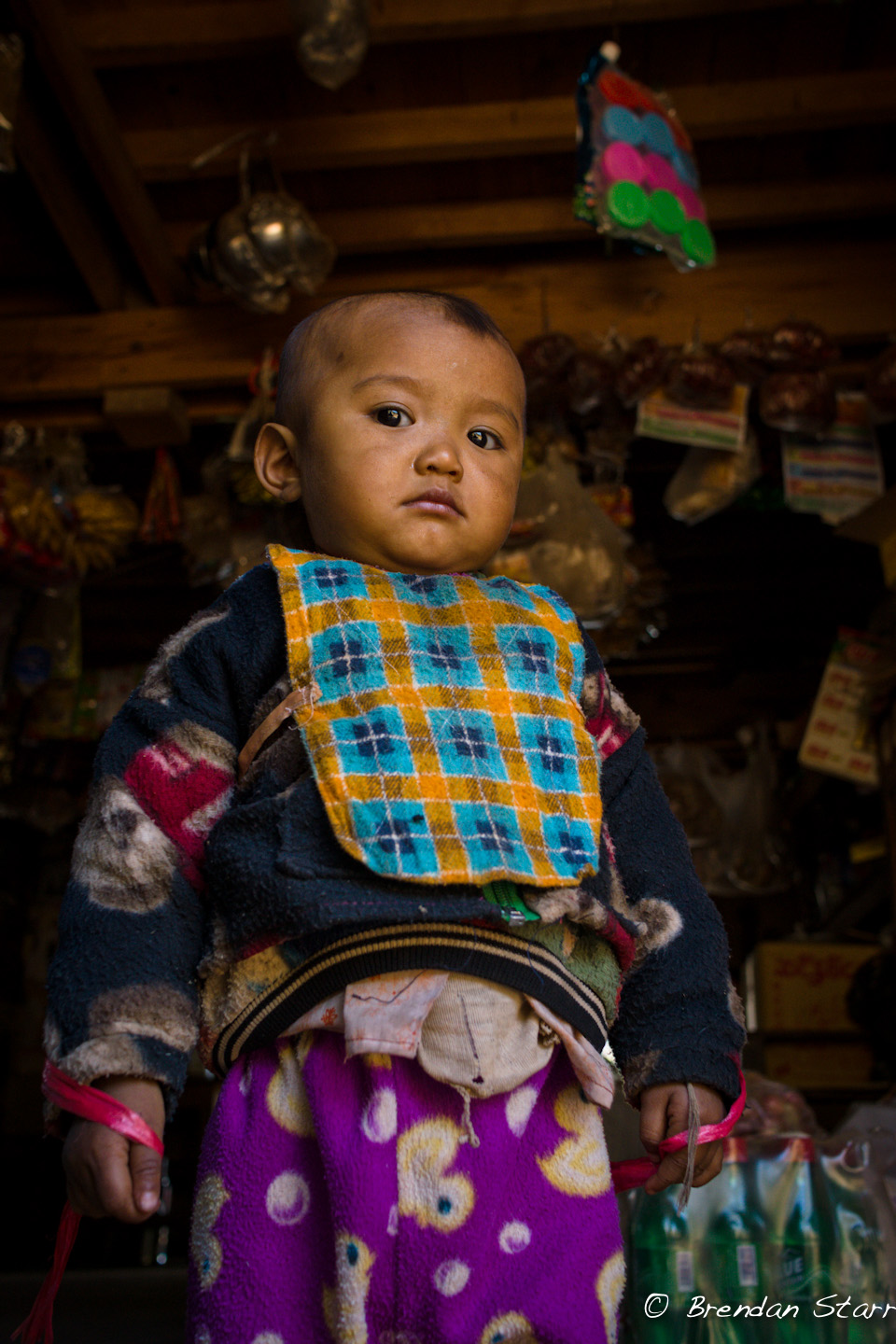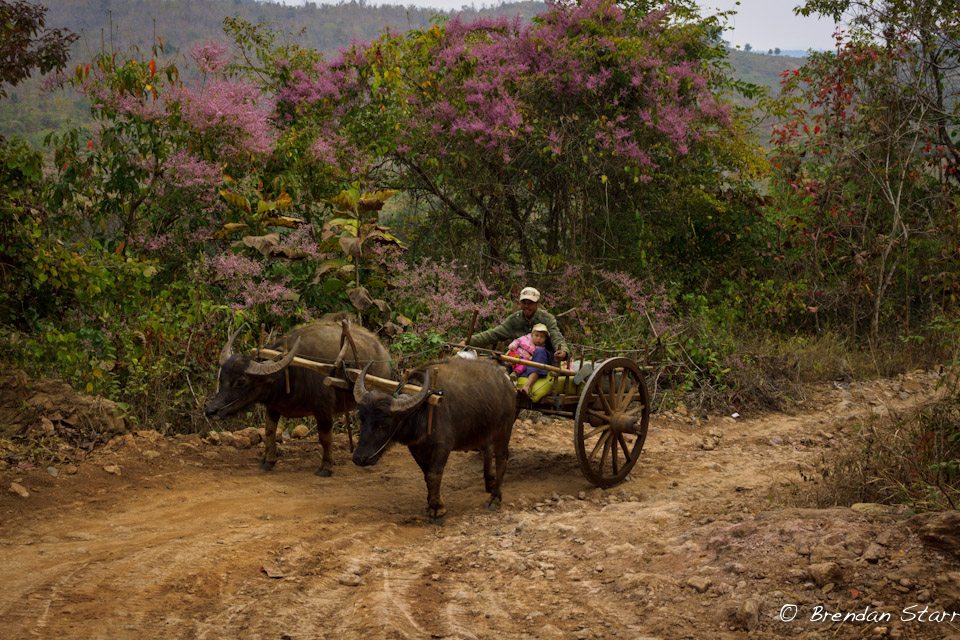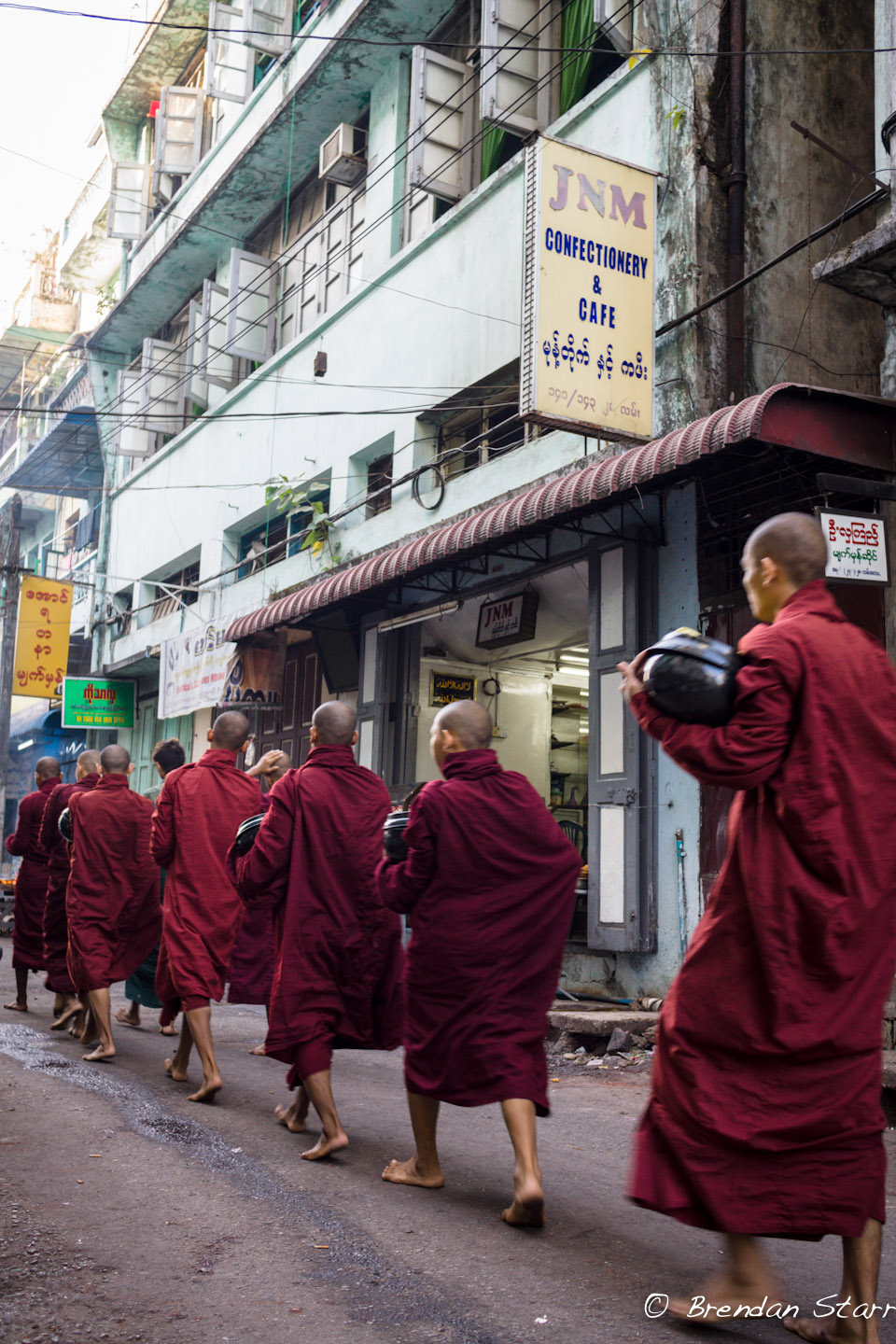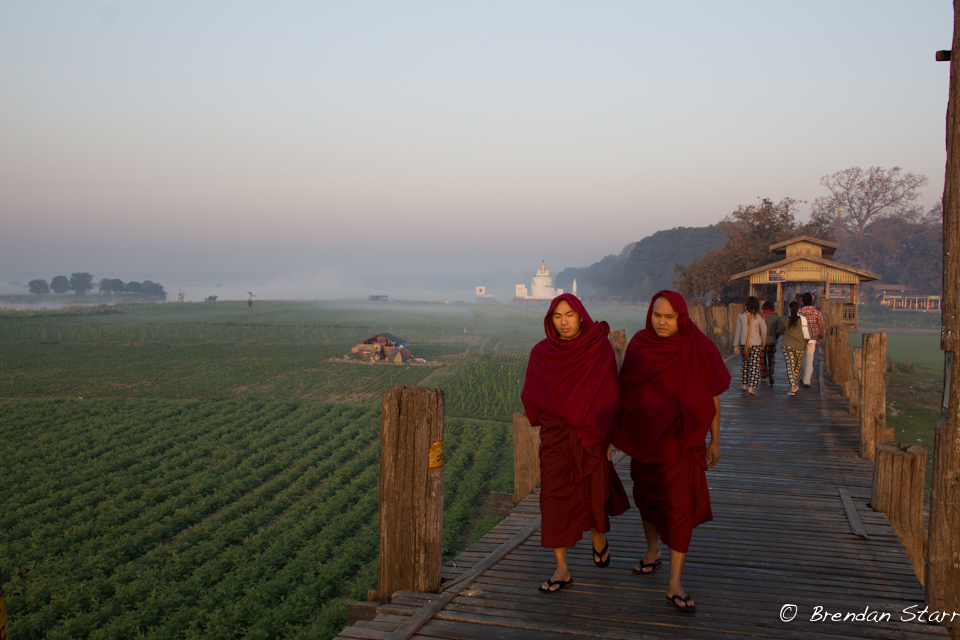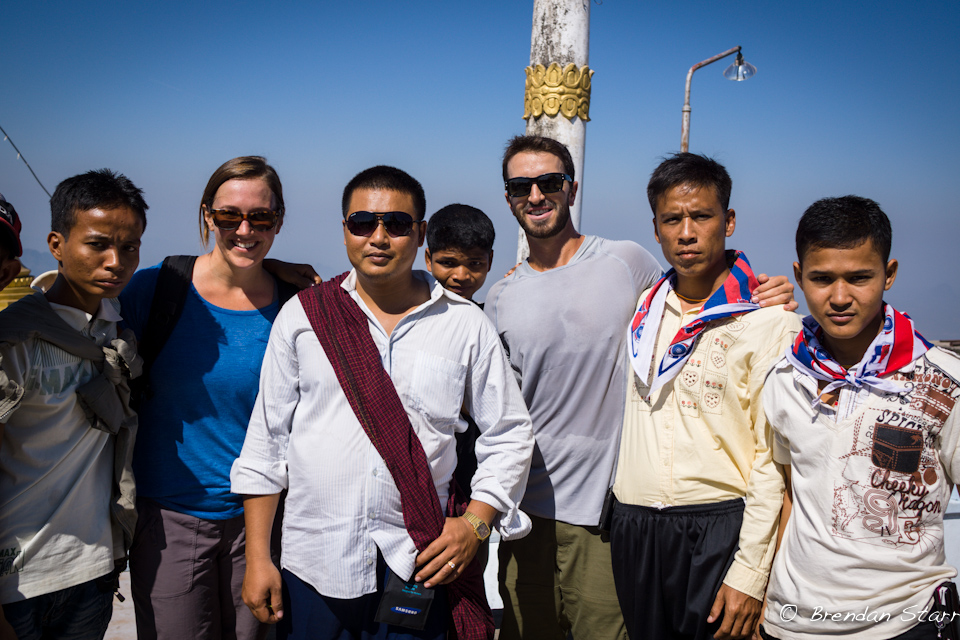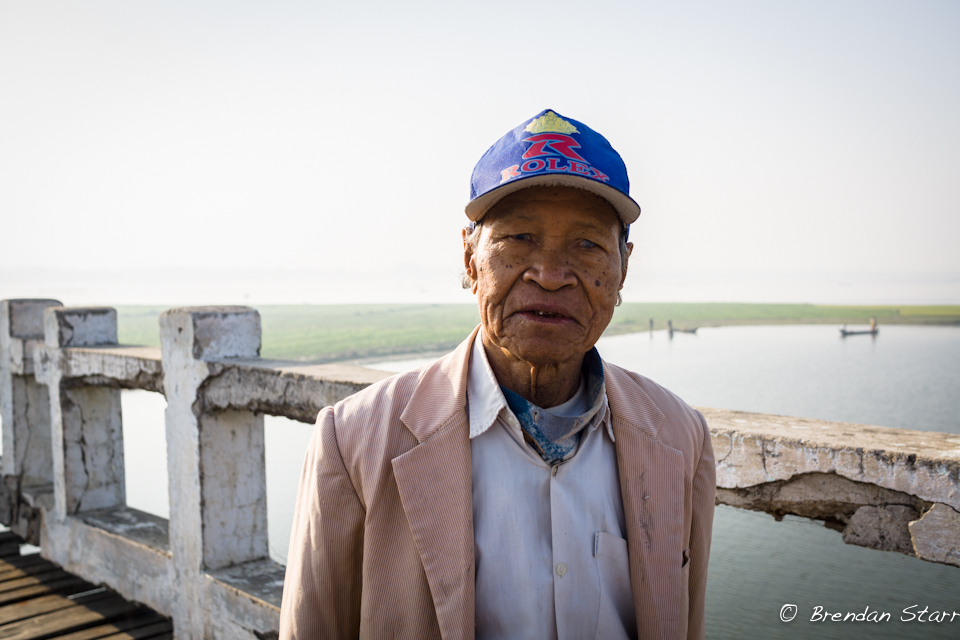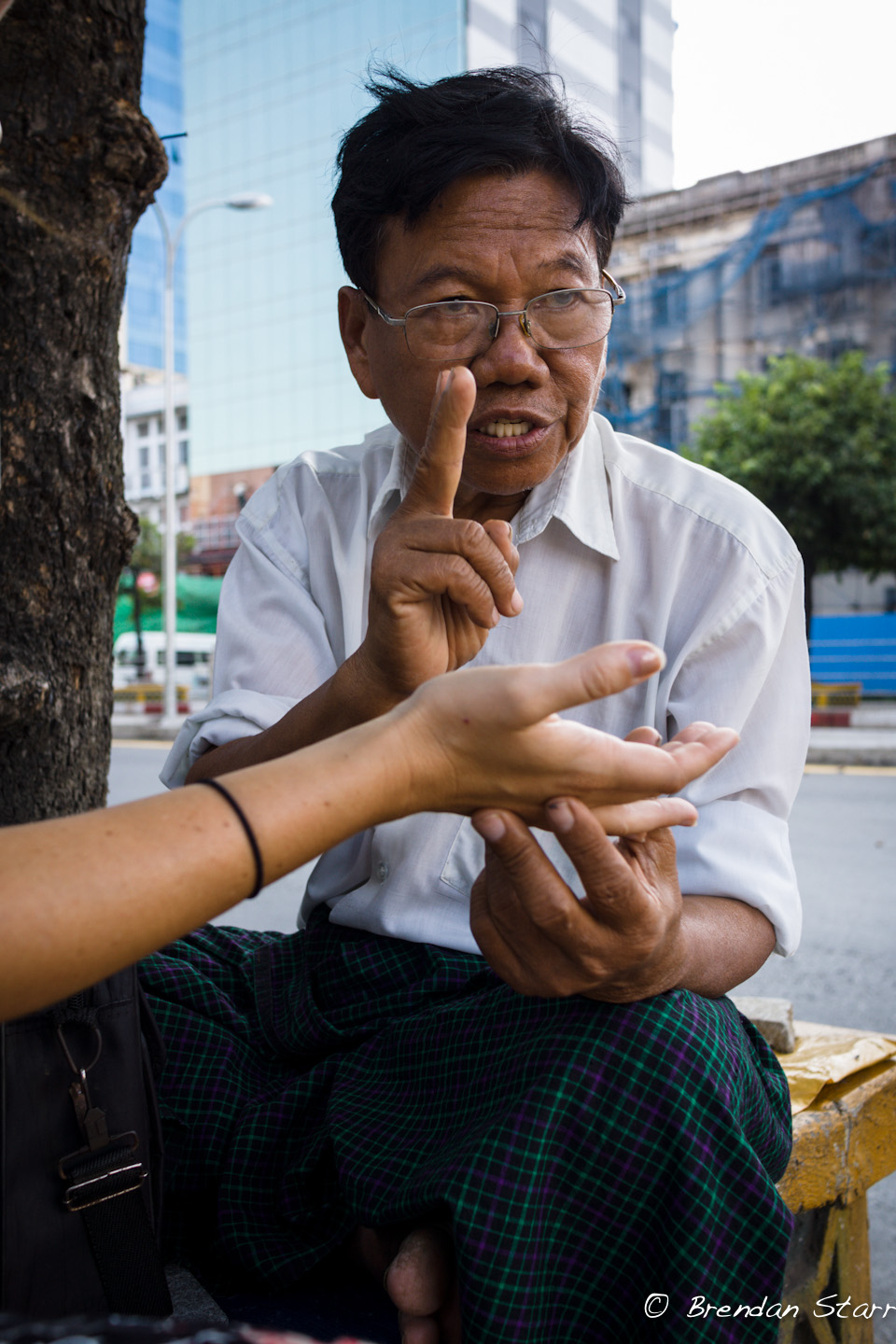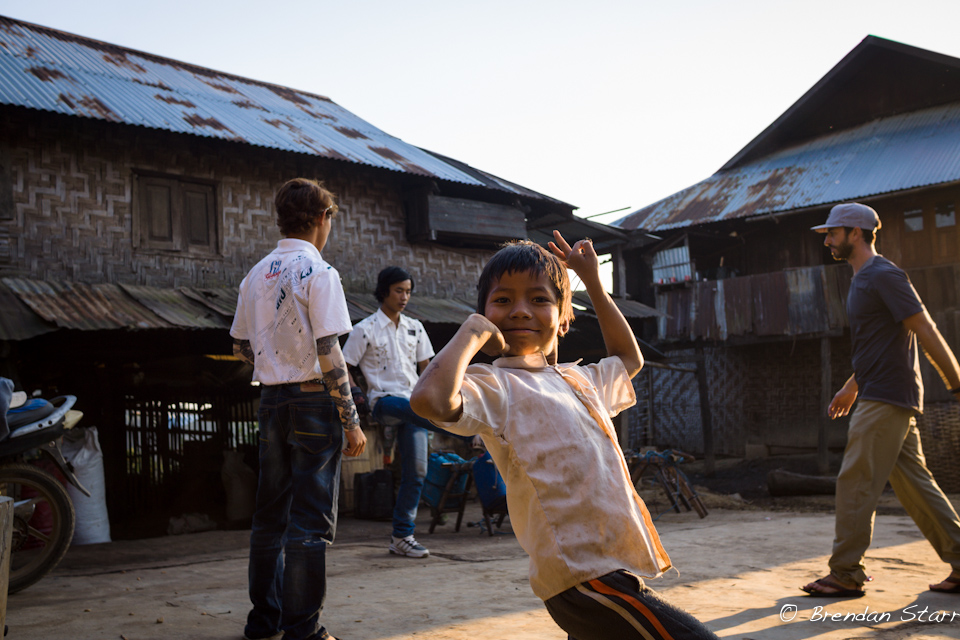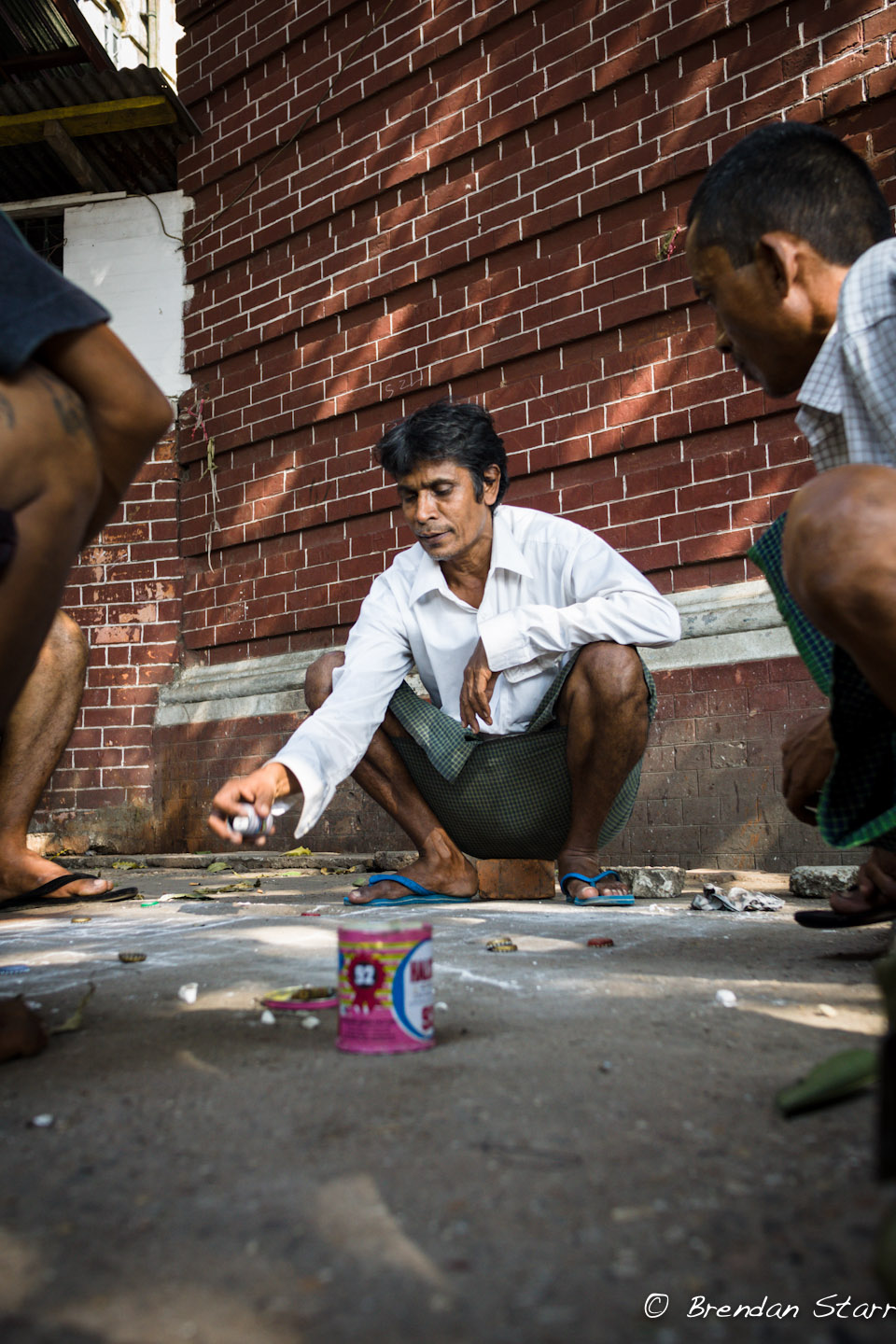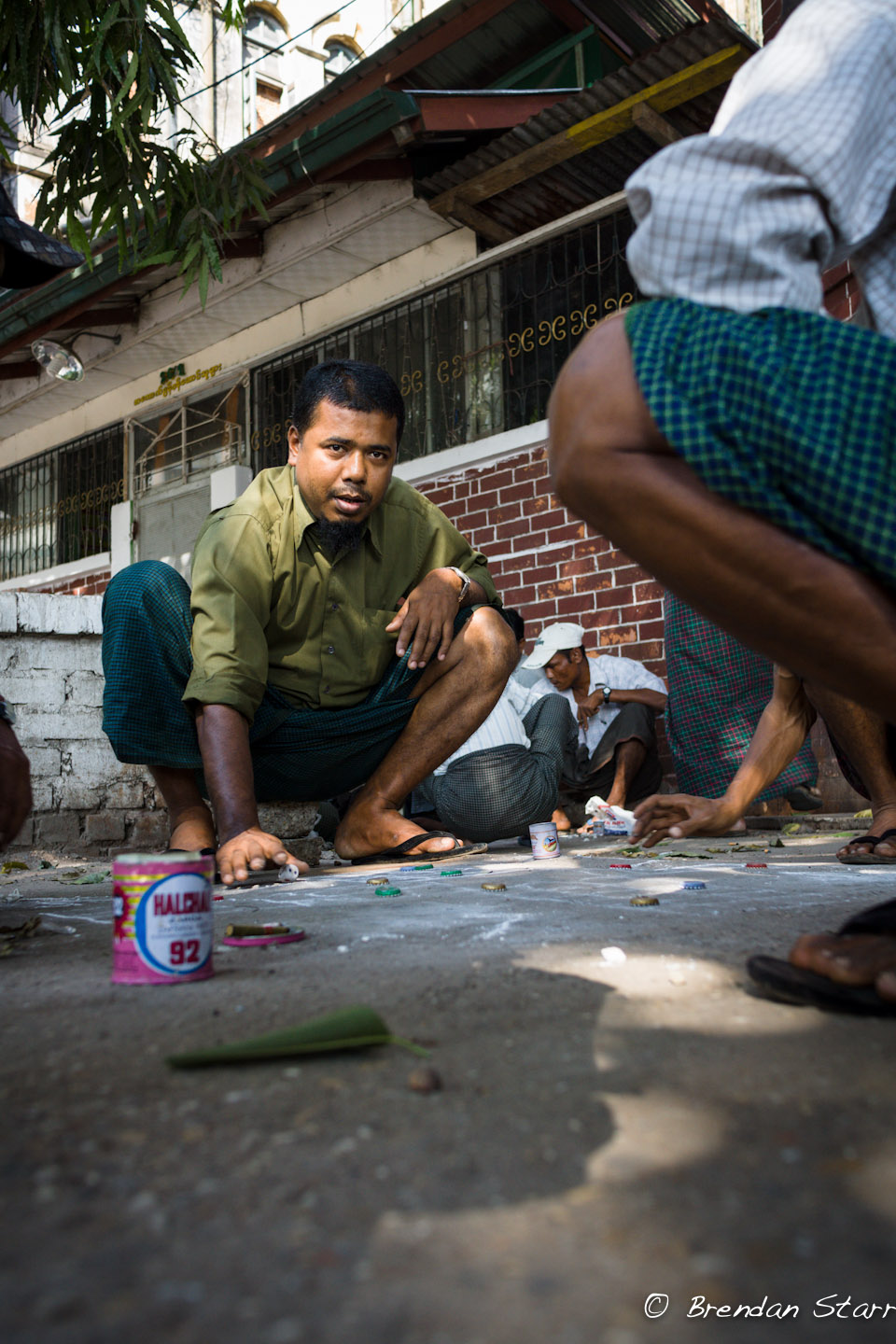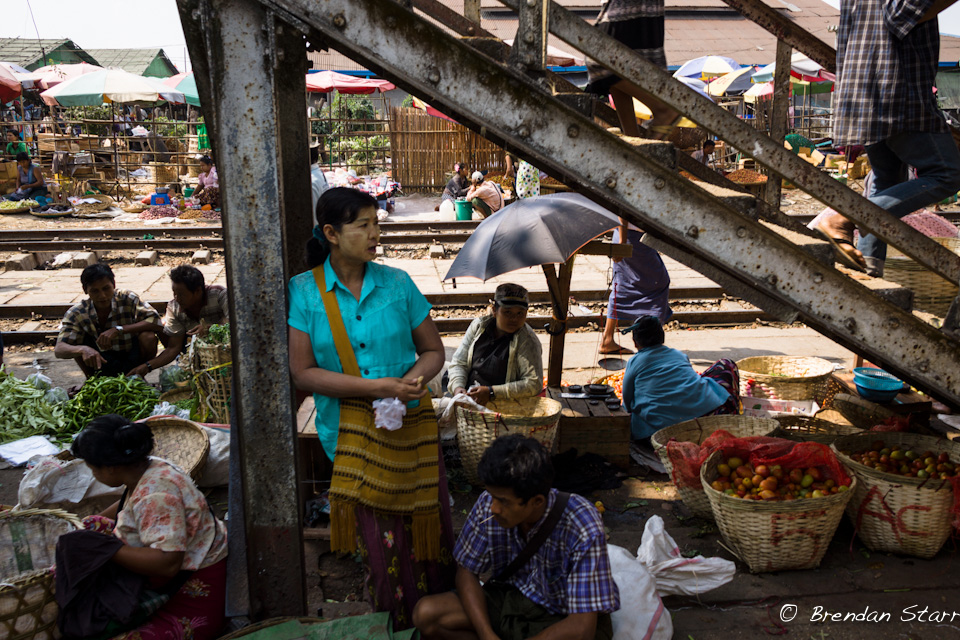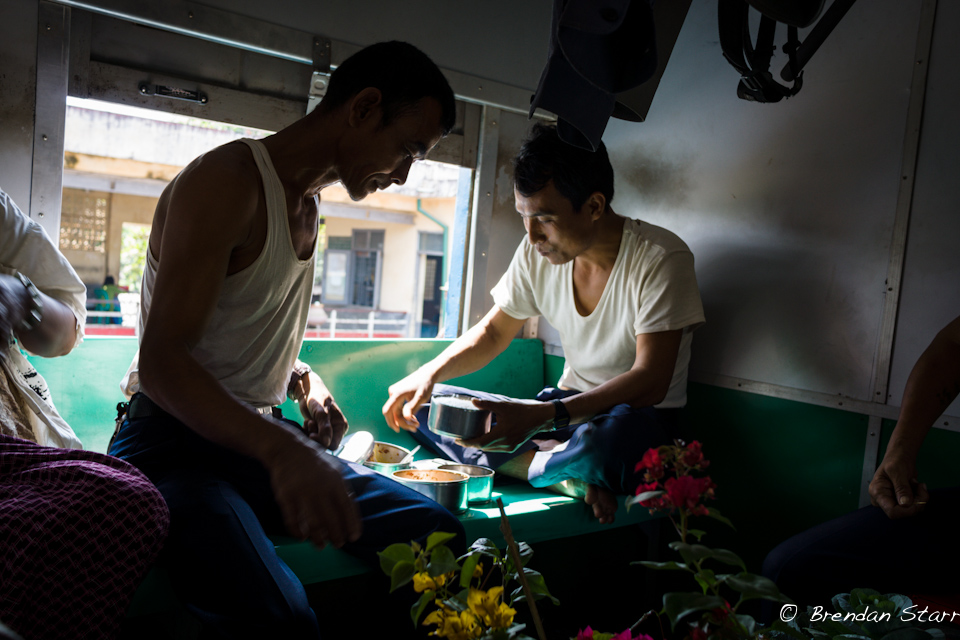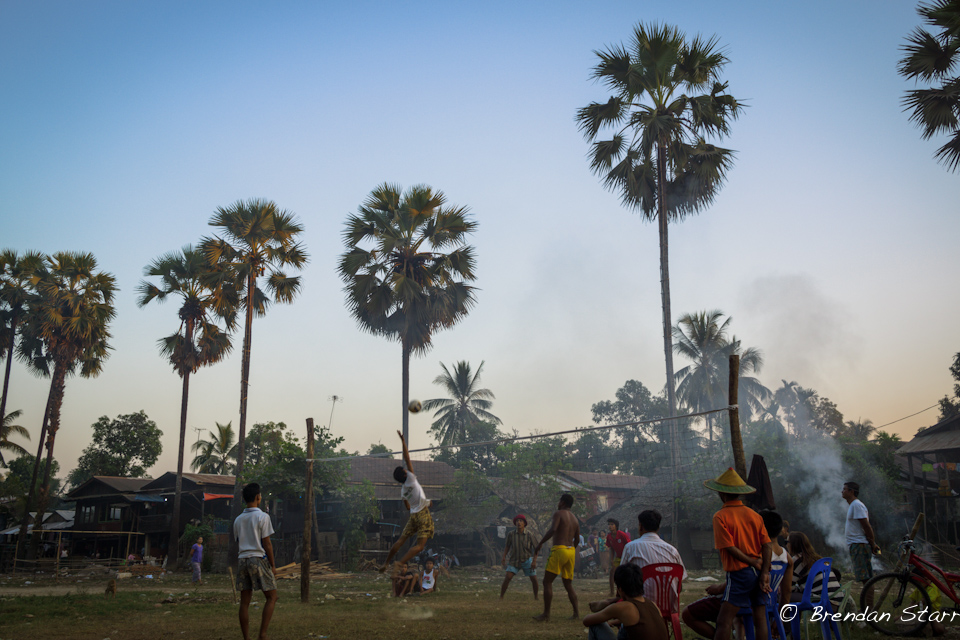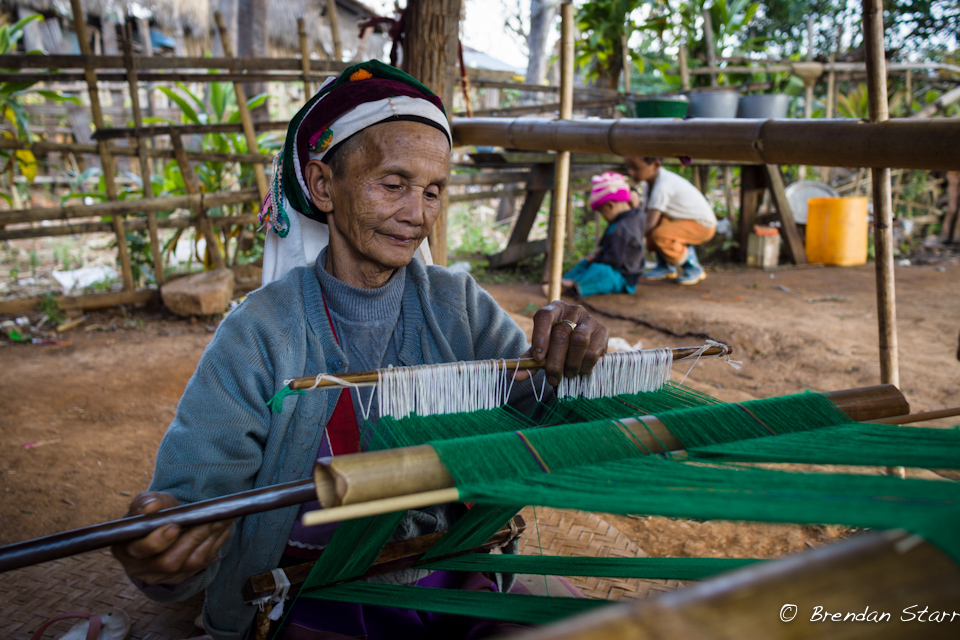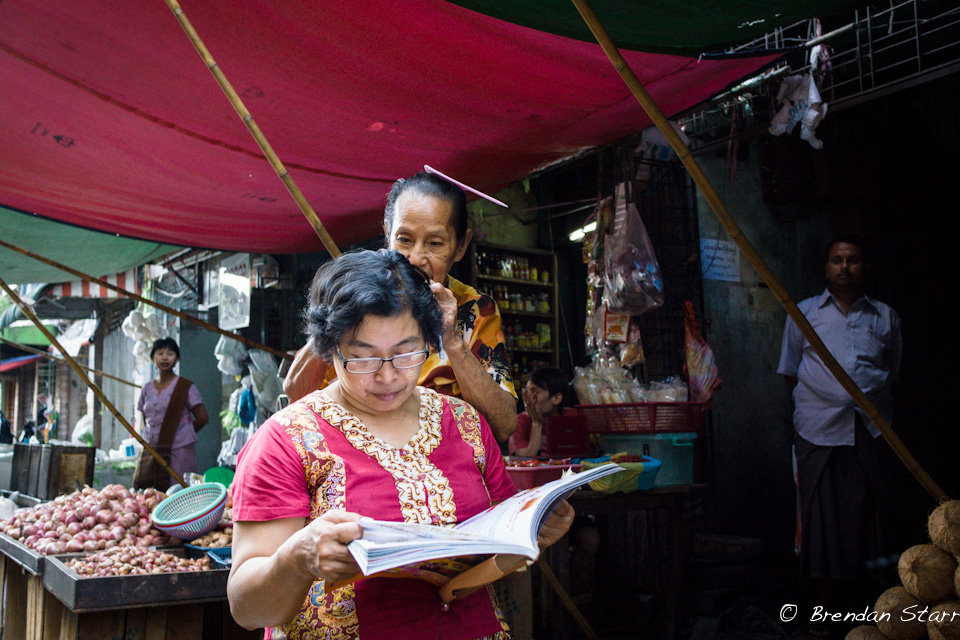A Breath of Fresh Air
Our first few weeks in Burma were great. We headed south, saw some interesting places, met some amazing people, ate wonderful food. When we turned north, still on a high from Mr. All Night's company, we suddenly realized we'd been missing one thing. Clean air. The cities in southern Burma are still some of our favorites, but the constant traffic and dusty roads mean dirty, heavy air. The final straw came in Bago, when we had to wait on the side of the highway for about an hour for our bus to Bagan. When it finally came, we could not get out of there fast enough. Our lungs were tired and our nerves were fried. We knew we wouldn't escape it completely in Northern Burma (Mandalay is one of the worst offenders), but for the most part we were about to give our respiratory systems a break from the hard work of the past 12 days.
Bagan was our first stop. We arrived at the bus station at nearly 3am to find horse and buggies the only possible mode of transportation. We also had not pre-booked a guesthouse, which may not have been the smartest choice since we were right in the middle of high season and Bagan is Burma's number one tourist site. Luckily, our horse cart driver knew a local place that most tourists probably avoided like the plague (as would we had it not been 3am with no other option). Not surprisingly, they had rooms available. Horse cart is not the fastest way to travel, but it's pollution free and after our time in the smoggy south, we signed up for a tour the next day. With more than 2,000 temples, the city could easily feel overwhelming. But we chose not to put any sight seeing pressure on ourselves and just took it slow (which is really the only speed in a horse cart). The best thing about the horse cart tour is that we didn't have to decide anything - our driver took charge completely, gave us a good feel for the city and made sure we saw the highlights.
There is a temple for everyone in Bagan. Old and untouched. Renovated. Grand. Small and intimate. There are beautiful frescos inside some, depicting scenes from Buddhist history and everyday life in Bagan at the time of the major temple construction (9-13th century) in impressive detail. Some house dozens of Buddha statues. There are stories of haunted temples (one in particular that was built by an ill-tempered king as penance for killing his father and brother. He became so strict about the construction that if the workers laid the mortar-less bricks anymore than a pin-width apart, he would have their arms cut off). But the real beauty in Bagan is its scale and panoramic views.
Our second day in Bagan, we took charge of our own destiny and rented bikes. It was a bit more work, but a great way to go at our own pace. Which again was very slow. We saw the sun rise over dozens of temples, with hot air balloons carrying the tourists with jobs floating in the distance. And for the better part of the day, we continued to find temples with open top floors so we could just sit and take in some of the magic of Bagan.
We could have easily stayed in Bagan for longer, but it was time to move to higher ground. We headed to Pin Lwin, which was built as a hilltop retreat for the Brits during colonial times and now serves as a getaway for Burmese with means and tourists seeking cool, clean air. We spent an amazing day in their botanical gardens, which turned out to be just what the doctor ordered. It was beautiful and green and smelled like fresh cut grass. It was completely different than Bagan, but a spiritual experience none the less.
To get to the mountains from Pin Lwin, we took our first train ride in SE Asia. The trains in Burma get a bad rap, but after 67 hours on the Tazara train line in Africa, we figured we could manage. The ride was a bit rough, but overall the six-hour trip went smoothly. We also went over the Gokteik Viaduct, which would make some train geeks jealous. When it was built in 1901, it was the highest railway bridge in the world and remains an engineering marvel even today.
Fermenting tea. The old school way.
Arriving in Hsipaw was like coming home for Brendan. It's a small mountain town with character and a laid-back vibe (sound familiar, CB?). We liked it immediately. And then we met Aike Teng. Our trek with Aike Teng will be something we remember for years to come. The hike itself was nice - beautiful views, time with nature, good exercise. But it was our interactions with Aike Teng, the villagers we met along the way and our home stay family that made it so memorable. I don't know if Aike Teng has ever met a stranger, but he treated us like good friends from the start (although he later admitted to not being sure about Brendan right at first). The hike took us through several Shan and Mong villages and gave us a glimpse into rural life, which is still mostly untouched and unchanged by the outside world. Life revolves around community, seasonal crops and tea farming and preparation. The people were as warm and welcoming as the city folk. They smiled, greeted us in their home language (we used three different dialects on the first day alone) and the children ran out and greeted us enthusiastically with their only English phrase, "bye, bye!"
Our home stay family is one of the few in the village who have converted a room into a guesthouse of sorts for the growing number of overnight trekkers. The accommodations are basic - small mattress and blanket on the floor to sleep and the family outhouse out back for other things. You live just as the family does, because you're meant to feel a part of it. And we did immediately. The second we arrived, the younger boys grabbed Brendan and took him outside for games while I sat on the sidelines with the children and "chatted" with the women. We were treated to wonderful meals, cooked over an open fire and eaten with the mother of the household watching every bite to make sure we ate enough. She was, not surprisingly, satisfied with our efforts. Unfortunately, my stomach couldn't quite handle mama's home cooking because the next day I was officially sick with my second stomach bug in SE Asia. Aike Teng and Brendan gave me a hard time the whole way, imitating my comments at dinner the previous night, "This is so delicious. I love spicy. Can I have more?" Whoops.
Going from the mountains and cool air of Hsipaw to the chaos of Mandalay was a bit overwhelming at first, especially since I was sick and we both were exhausted. But, with the help of some bicycles, we ended up having a great few days exploring the outskirts of the city. The quieter parts of Mandalay are actually lovely, especially compared to the congested mess of downtown.
On our last day in Burma, we woke up and went for sunrise at U Bein bridge, which connects Mandalay with another village over the glass surface of Taungthaman Lake. When we arrived, the fishermen were just starting to cast their nets from small canoes below. The buffalo grazed quietly on the grassy shores. And the first few commuters began to cross the teak foot bridge for work in the city. After a while, the morning exercisers arrived, walking the length of the bridge and breathing the fresh morning air. Students began to file across for school in their matching uniforms. And as the morning progressed, the bridge became an entire community of its own. A few vendors began selling fruit and water. Groups of friends or neighbors laughed as they caught up on their gossip. Locals practiced their English with tourists on the benches. It took on a life of its own and we were so lucky to be a part of it.
Looking around, we both knew we were about to say goodbye to a special place. Burma had it's ups and downs, but that morning on the bridge reminded us of our best experiences - the beauty of the North, the diversity of the South, the quiet spirituality of Bagan and most of all the incredible warmth of the people we met all around the country. It's hard to believe we almost missed it all - Burma only happened after we extended the trip, but it ended up making one of the biggest impressions.
